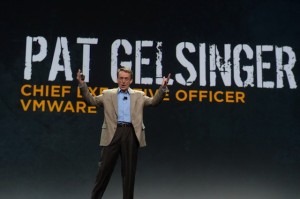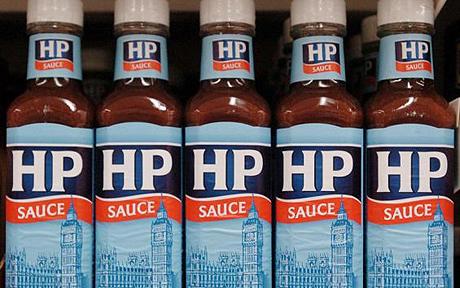 Huawei has been showing off its latest enterprise service strategy designed to support companies undergoing cloud transformation.
Huawei has been showing off its latest enterprise service strategy designed to support companies undergoing cloud transformation.
Huawei wants to become an industry cloud enabler and a strategic partner to customers across diverse industries by investing USD 500 million in the development of cloud-based professional services, a cloud platform and cloud ecosystem.
This will provide customers with end-to-end cloud transformation service solutions enabling them to build, use, and manage their cloud platforms effectively.
Sun Maolu, President of Technical Service Department for Huawei Enterprise Business Group, said: “With the emergence of a ‘Cloud Only’ era, Huawei is adopting a long term cloud transformation service strategy to support our enterprise customers in their journey to the cloud. Our services strategy centers on the concept of ‘Grow with the Cloud’ and becoming an industry cloud enabler.”
Huawei’s enterprise services will focus on four key areas including cloud innovation, creating a digital platform, supporting smart operations and enabling businesses.
To drive this strategy forward, Huawei will continue to increase its investment in the development of service solutions and Global Service Centers, and tools, platforms and verification labs for professional services.
“In the next five years, we will also focus on research and development of industry clouds, increasing our annual investment by more than 50%. To meet enterprise demand for ICT talent in the cloud era, Huawei will provide a new certification scheme to train ICT architects, ICT developers and industry-specific ICT experts. By 2021, it is estimated that more than 150,000 cloud and industry-specific ICT professionals will have been certified by Huawei,” Maolu said.
The big idea is based around the concept that as enterprises embrace cloud transformation, they will face a new set of challenges across strategy, planning, requirement analysis, business integration, application system evaluation, technology selection, roadmap design, deployment, operations & maintenance (O&M) management, and information security.
According to Xu Jingbin, Director of IT Technical Service Department for Huawei Enterprise Business Group: “With a track record of industry cloud solution delivery, Huawei works closely with our partners to develop end-to-end industry cloud transformation services that cover consulting, assessment, planning and design, migration, disaster recovery (DR), security, and O&M.”
Huawei provides a sophisticated migration process with 4 stages and 17 steps, and professional migration tools developed in-house, which have helped more than 1,000 customers migrate their businesses to the cloud smoothly and efficiently, he added.
To help customers through their cloud transformation, Huawei will invest more than USD 500 million in the next five years to develop all-scenario services and integrated verification capabilities for its enterprise services.
Leslie Rosenberg, IDC Research Director, said: “Huawei invests heavily in the development of Intellectual Property through the establishment of R&D centers to accelerate innovation, differentiation and delivery of its services. The company has skilled services personnel as well as a channel ecosystem around the globe for consistent consulting and integration engagements.
In a recent IDC MarketScape: Worldwide Network Consulting Services 2017 Vendor Assessment, Huawei is positioned as a Major Player, for its global capabilities and R+D strength. Additionally, end users surveyed in the study cited Huawei for its ability to lower operational costs and improve security as well as its ability to deliver reliability, quality and adaptability to customer needs and requirements.”
 Resellers that support their customers with finance are going to find it a tough sale, according to the BDRC SME Finance Monitor.
Resellers that support their customers with finance are going to find it a tough sale, according to the BDRC SME Finance Monitor.

















